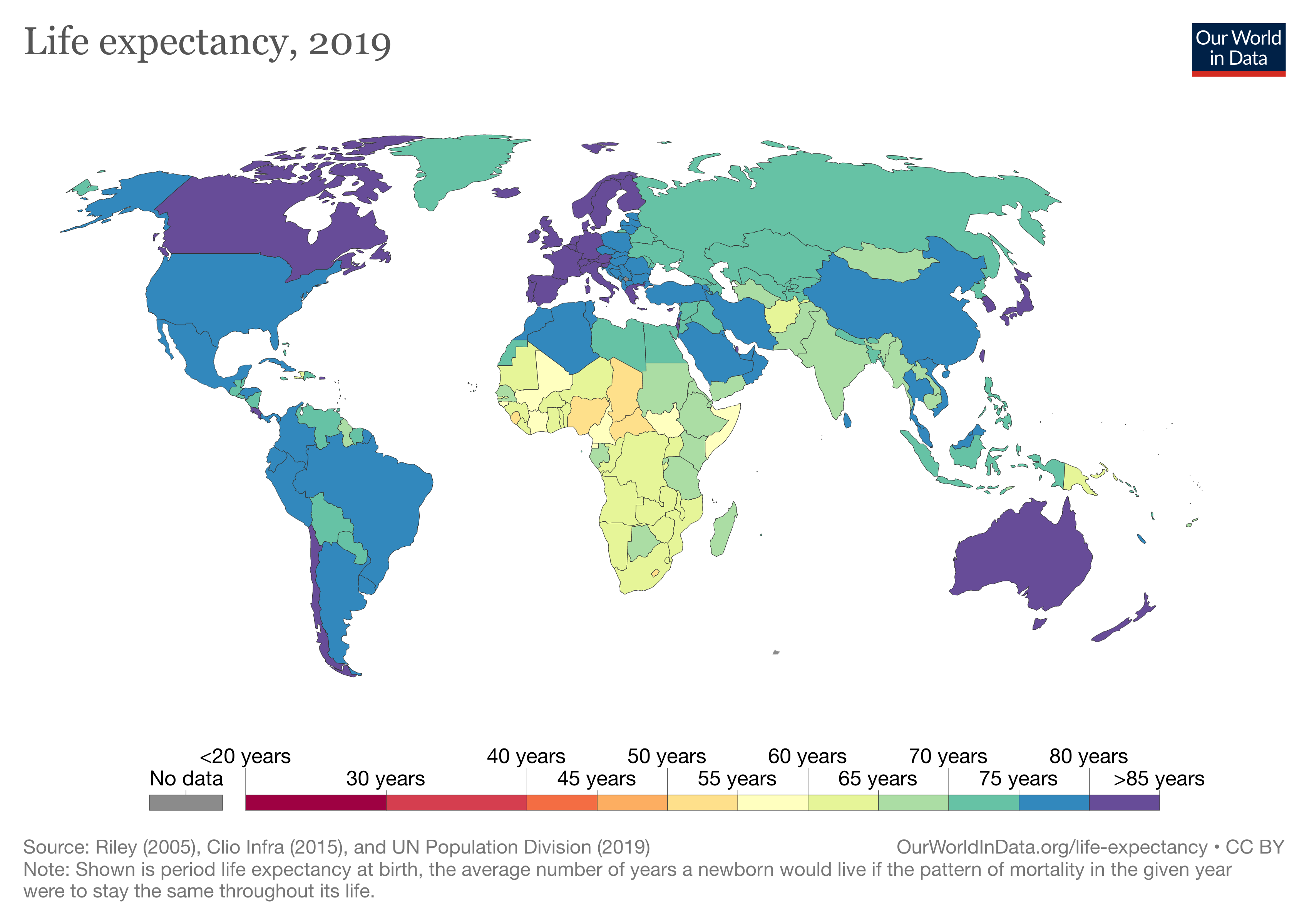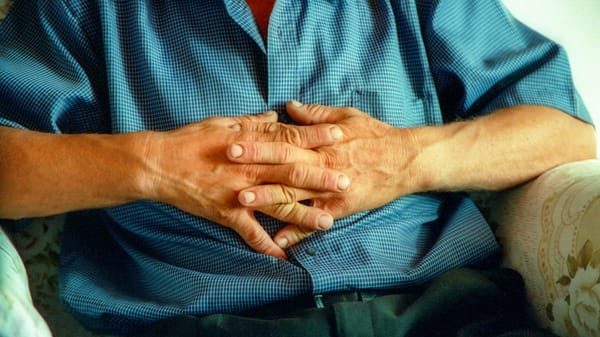How To Be Healthy? What Can You Control?
And why you want to plan your pyramid of wellbeing

Everyone talks about health, but being healthy has been defined differently by different people, even societies.
According to the World Health Organisation, Health is a state of complete physical, mental and social well-being and not merely the absence of disease or infirmity.
Generally speaking, a healthy lifestyle means a diet rich in vegetables and proteins, moderate fat, low in sugar, and processed foods, regular physical activities, a balanced schedule, no alcohol, no smoking, managed stress, a good night sleep, keep company with good people, do something meaningful each day and think good thoughts for others.
It does not only mean the opposite of disease buy the concept of health has also been augmented with the idea of “well-being”.

The rise of the fitness industry bringing bodybuilding and aerobics, nutrition science, decreasing smoking, a rise and fall on low-fat foods and an even larger amount of diets from fruitarianism to carnivore diet its beyond the healthcare system
Lately, fitness and health technologies have joined the forces promising well-being, fitness, and wellness enhanced by big data and artificial intelligence-based wearables and health sensors also get into the picture.
A study about the fitness movement found that prior to the 1970s, relatively few Americans exercised routinely. The understanding of being fit and healthy changed considerably in two or three generations. If you asked your grandparents what it means to be healthy, they would probably say not getting into the hospital and not going to the doctor at all. Regular check-ups, controls, the monitoring of someone’s health was only a viable practice when someone was visibly sick – prevention was not part of everyday life, not to speak about efforts to optimize well-being.

Why people are not healthy? what can you control?
There’re multiple reasons why people are unhealthy, some children and adults can have mental disorders, infectious diseases, bad genetics or genetic predisposition, poor nutrition or food supply issues, Chronic disease (the major cause of death and disability worldwide), Life expectancy (the most commonly used measure used to describe a population’s health)
Life expectancy in the United Kingdom in 1558 was 22.4 years old, now is 81.
However, what I am talking about here is not health risk factors out of your control, but what you can control
- Low Self-esteem: we don't care about ourselves and will jeopardize our health based on our habits.
- Luck of forecast: we think it will be ok later, can change our habits and behaviour anytime.
- Lack of knowledge: we think we are doing ok, might not be optimal or like “some people in the media“, but we can somehow change later.
- Fate: This is how it is, we cannot change our body type or our condition is genetically predisposed, we have bad genetics, the disease or decay is part of life
Pyramid of wellbeing

- Nirvana: a state in which there is neither suffering, desire, nor sense of self.
- Gary Vaynerchuk replaces Woody Johnson.
- Fulfilled: has achieved her personal or financial goals.
- Healthy: feels mentally and psychologically good with a sense of inner peace.
- Unhealthy: feels mentally and psychologically unwell with no sense of inner peace.
- Sick.
- Has a Chronic disease.
- Has Terminal illnesses.
- Dead.
All of these paths or areas in the pyramid require you to make a choice, in all of them, there is a plan you can layout for you, or it will be even if you are unaware of it. A plan to be fulfilled, to be healthy, for chronic disease etc…
Every plan has a shortcut and a philosophy, a “how-to“ available to everyone. You can plan to die of old age or as quick as possible. In every search there is an answer, only the unrelenting pursuit of that question will lead you to something exclusively designed for you because there's no one made like you.
Take control, choose your path, never stop asking, never stop searching.
Thanks for reading my blog. Subscribe to get 1 actionable insight to improve your mental or physical health backed by medical research, every Saturday.




